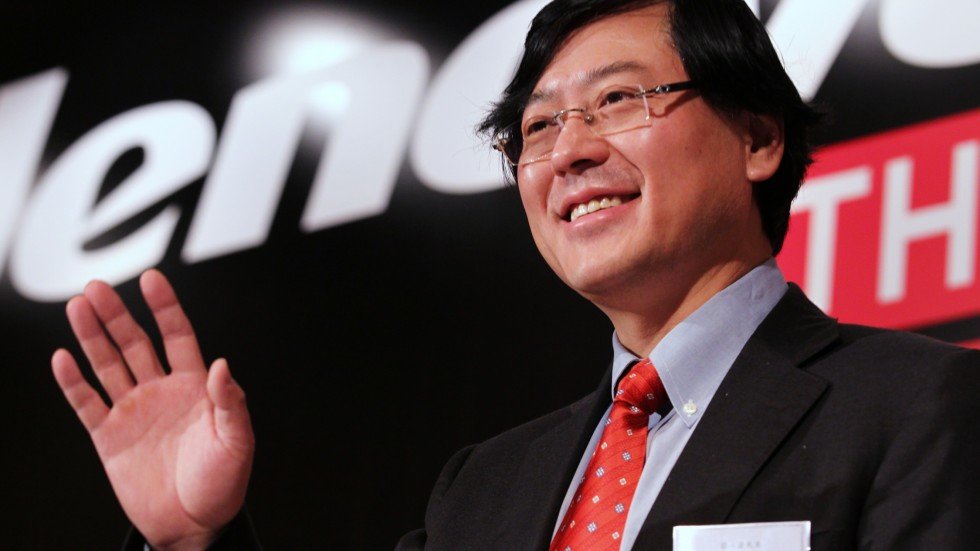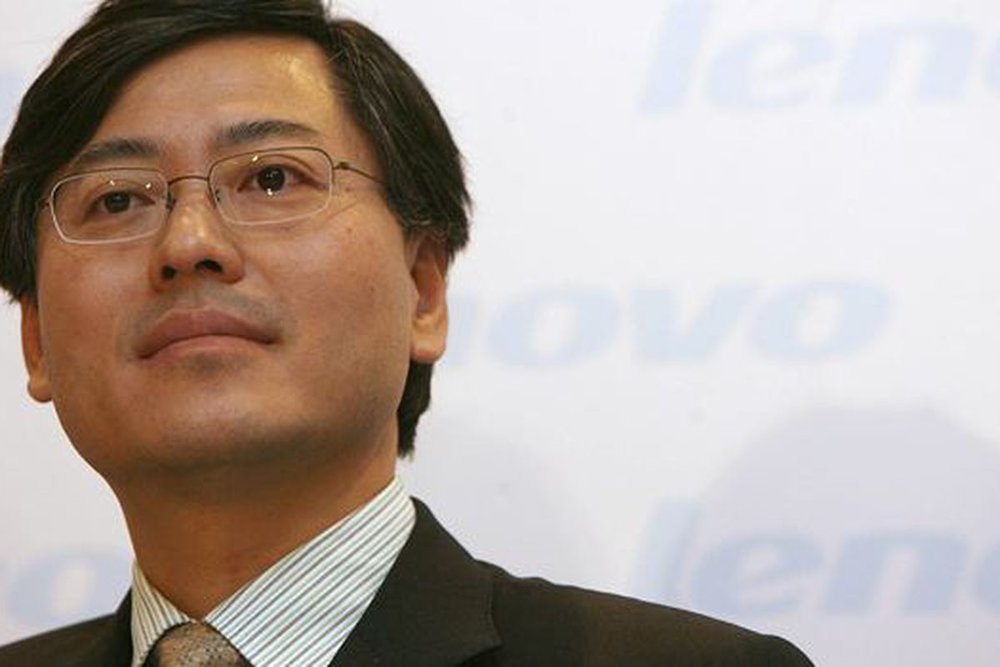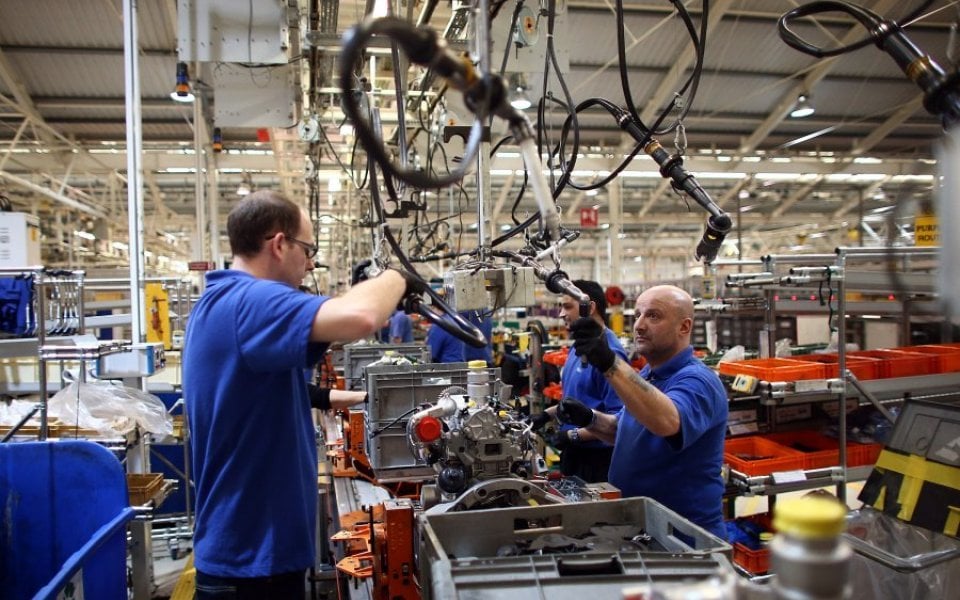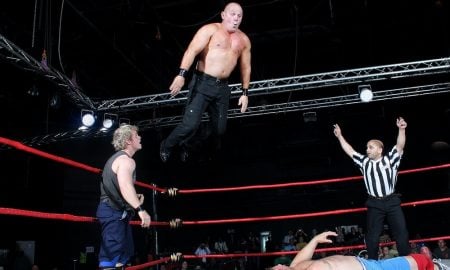
Lenovo CEO warns that US-China trade war will cripple businesses on both divides

In every war throughout history, there has always been casualties. Whether they played a direct part in the war, or were inadvertently victims of it, it’s crystal clear that war is bound to have catastrophic results.
Today, various parts of the earth still experience the effects of war. However, some scientists claim that humans are currently living in the most peaceful time on earth.
So much so that a majority of battles have transcended from a less physical, to a more economical perspective. Take for example the current Trade Wars between USA and China

The ongoing US-China trade war is having a severe impact on the exporting businesses
Imposing Tariffs at Will
A couple of crippling tariffs later, and the US and China are now looking to subsequent steps that will help defuse the strife between the two.
So much so that the CEO of Chinese computer megalith Lenovo, is calling on both parties to sort out their differences for the benefit of both countries and their respective businesses.
In a press statement in New York last week, Mr. Yunaqing Yang, Lenovo’s top man, cautioned that in this prolonged trade war, there would be no winners and that both countries would suffer catastrophic economic failures.
In a brief interview with CNBC, Yang commented more on the current trade war, stating that as a global company, they felt that these tense conditions were not favorable for both the economy as well as its consumers.
In turn, he believes that both governments should dialogue with one other to come to a suitable agreement.
Trade War Not Beneficial to Both Countries
It’s no doubt that Lenovo’s business could be drastically affected by the current standoff that has seen new tariffs imposed on goods and services worth billions of dollars from both countries.
In fact, President Donald Trump earlier this month threatened to apply new tariffs on Chinese goods totaling $200 billion. This comes after the $50 billion in tariffs that both nations have already imposed on each other.

Tariffs are being imposed on everything from manufactured goods to food products
Reduction in Trade Inevitable
That being said, such aggressive economic strategies from both countries are hurting Chinese companies such as Lenovo, despite the fact that the company leads the likes of Apple, Dell, and HP as per worldwide market shares, and the total number of PC’s that have been shipped. This is as per data released by Gartner.
Interestingly, Lenovo’s largest market share is Europe, China, and the Americas, which account for roughly 80-85% of all its sales.
Due to its diversity in chain supply and market, Lenovo is one of the few countries that has plants in Switzerland, Brazil, Japan, India, Singapore, among many other regions. That being said, research company Hoovers believes that the tech giant could be positioning itself to weather an economic storm brought about the China USA trade war.
Indeed, Chinese exporters in the technology sector are bound to face a myriad of financial problems if two of the world’s biggest economies do not settle their differences.
As a matter of fact, data released on Chinese exports shows that they have experienced a massive decline in the month of August, as the two nations continue with their ongoing scuffle.
In a July blog post by staff vice president of international trade, Mr. Sage Chandler, the current tariffs being imposed will, in turn, make online trade more expensive for each and every individual.
What’s at stake with this trade war?
The ongoing trade war was first kickstarted on July 10, when President Trump unveiled a list of tariffs that would target over $200 billion worth of goods and services, starting from construction materials all the way to various food ingredients.
To implement the plan, he advised his trade tsar on August 1 to see whether it was viable to raise these tariffs to on the different goods to about 25 percent.
In retaliation, China began enticing European politicians and businesses to invest in their favor, with promised of better investment terms and improved market access.
This followed after the White House imposed a 25 percent tariff on July 6th on imports worth $34 billion from China; specifically in the manufacturing sector.
In turn, Beijing imposed a similar tariff on the USA, which further included American Soybeans.
That being said, both the USA and China have already imposed tariffs on agricultural goods, aluminum, and steel, severely affecting exporters on both sides.
More in Business
-
Why American Consumers Are Falling Behind on COVID-Era Debt
When the world was grappling with the health crisis brought on by COVID-19, the U.S. economy faced an equally formidable challenge:...
November 27, 2023 -
Dr Dre and Ex-Wife Nicole Young Finalise $100m Divorce Settlement
After months of legal proceedings, Dr Dre, the legendary rapper, producer, and businessman, officially brought his tumultuous divorce from ex-wife Nicole...
November 22, 2023 -
5 Tell-Tale Signs That It Is Time to Say Goodbye to Your Current Job
Are you feeling like your job is more like a ball and chain than a fulfilling career? The daily grind, the...
November 19, 2023 -
WWE Signs $1.4 Billion Broadcasting Contract for SmackDown
In an explosive turn of events, World Wrestling Entertainment (WWE) has just unleashed some earth-shattering news for its legions of fans....
November 9, 2023 -
Navigating the Mortgage Maze as Interest Rates Take a Historic Leap
The U.S. housing market is nothing short of a dynamic entity. It evolves, reacts, and sometimes, just like the current real-estate...
November 3, 2023 -
Celebrity Couples Where the Woman Has a Higher Net Worth
In a world where gender roles and financial dynamics constantly shift, it’s not unusual to find celebrity couples where the woman...
October 27, 2023 -
Why the Gender Pay Gap Could Be Worsening
Picture this: Two college students, Alex and Charlie. Both are bright, have the same interests, and are ready to embrace the...
October 19, 2023 -
JC Penney’s Remarkable $1 Billion Revival Plan
In a remarkable turnaround, JC Penney unveiled a bold $1 billion revival plan, breathing new life into a brand that faced...
October 12, 2023 -
Shattering the American Dream: Mortgage Rates, Inflation & Cost of Living
You know that feeling when you are dreaming of something you have wanted for so long, only to watch it vanish...
October 6, 2023















You must be logged in to post a comment Login